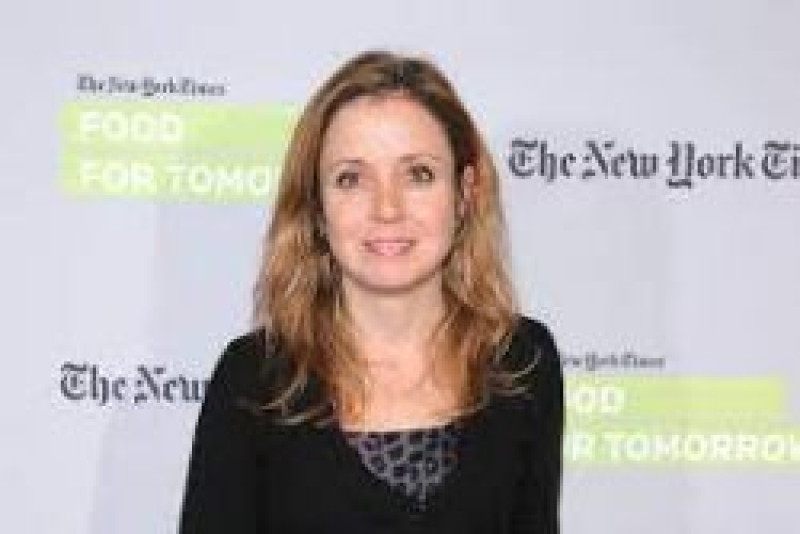- CA Yunus pays homage to Liberation War martyrs on Victory Day |
- Bangladesh capital market extends losing streak for second day |
- Bangladesh celebrates Victory Day Tuesday |
- 'Different govts presented history based on their own ideologies': JU VC |
Could Eating Well Save Our Lives?

Danielle Nierenberg
Danielle Nierenberg
It's no secret that some of our best medicines come not from a pharmacy, but from a farm! The foods we eat have a direct impact on how healthy we are—for better or for worse.
So I hope you’ll join Food Tank and The Sprouts Healthy Communities Foundation next week for a two-part virtual series, “Food is Medicine and Eating for Health.” We’ll be bringing together renowned Food is Medicine thought leaders, medical professionals, chefs, and experts from across food and health systems for conversations you can join from wherever you live.
CLICK HERE to register for this virtual series, from 12PM to 1PM ET on both Wednesday, April 30, and Thursday, May 1. Both days are completely FREE to attend, but registration is required, so please sign up before it’s too late!
We know, sadly, that about one-half of American adults have diet-related chronic diseases and that, per the Food is Medicine Institute at Tufts University, "Lack of good nutrition is the number one driver of poor health outcomes in the United States." And worldwide, non-communicable diseases like ones caused by poor dietary health are responsible for tens of millions of deaths every year.
At the same time, we also know that the foods we eat are crucial to improving and maintaining our good health! The ever-growing body of research surrounding food is medicine reinforces the fact that the relationships between nutrition and health are linked in both directions: When we harness the power of food to fight diseases and build stronger community health, we can actually save lives.
The amazing lineup of experts who will be joining us next week include: Erika Allen, Urban Growers Collective; Dr. Kofi Essel, Elevance Health; Katie Garfield, Center for Health Law and Policy Innovation, Harvard Law School; Devon Klatell, The Rockefeller Foundation; Kathleen Merrigan, Arizona State University Swette Center for Sustainable Food Systems; Radha Muthiah, Capital Area Food Bank; Tambra Raye Stevenson, award-winning nutrition advocate, author and food policymaker; A-dae Romero-Briones, First Nations Development Institute; Alice Waters, American chef, restaurateur, food writer, and author; Lyndsey Waugh, Sprouts Healthy Communities Foundation; and more.
I am really looking forward to talking with these amazing folks—and all of you joining from home—about the wide range of policies and programs that are grounded in food is medicine. Because, as we know, changing diets cannot just be about individual decision-making: Food is medicine means addressing the structural factors behind these health disparities. It means thinking transformatively about a wide range of community-centric approaches to food and health.
Interventions like scaling produce prescription programs and medically tailored meals can help us treat patients with diet-related illnesses. Expanding access to affordable, culturally relevant, nourishing foods can help break down systemic barriers around eating right. And working to improve food literacy among young people—and ensuring eaters of all ages have access to quality nutrition information—can arm the next generation with knowledge to create lifelong healthy habits that they’ll actually be excited to follow.
“When we look at healthy habits, we know that they’re formed at a young age,” Lyndsey Waugh, the Executive Director of The Sprouts Healthy Communities Foundation, told us at SXSW earlier this year. “We all have little people in our lives…ask them questions that prompt them to understand what are they excited about, what do they like eating, what do they like tasting?”
No matter our age or where we live or what we like eating, let’s find the excitement and joy in eating healthfully. Let’s come together to reconnect with food as our original medicine. It might just save our lives!
I hope to see you next week at our “Food is Medicine and Eating for Health” virtual series—and HERE is the sign-up link one more time.
(Danielle Nierenberg is the President of Food Tank and can be reached at danielle@foodtank.com)

